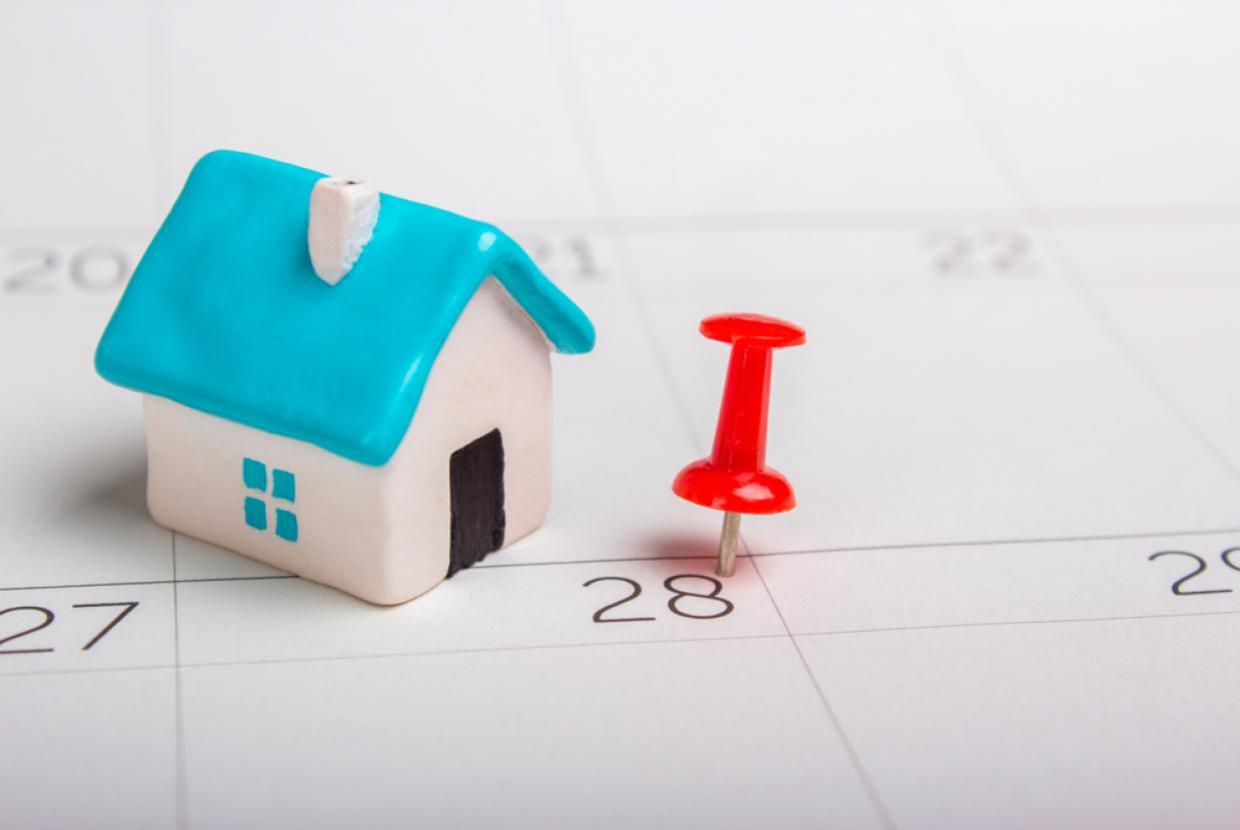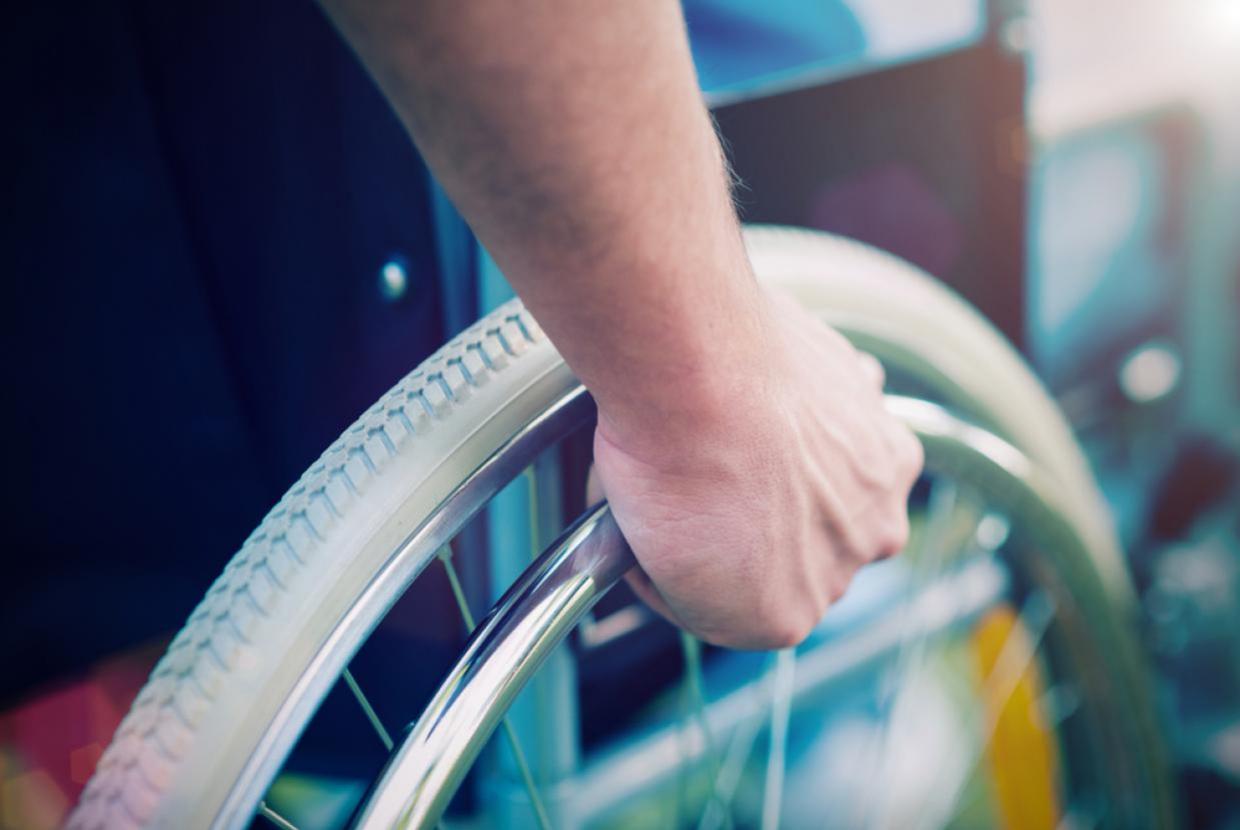What To Do If Your Benefits Are Changed
If you're getting benefits and something changes in your life, it might mean the amount you have to live on goes down. This can lead to pressure on your household budget and worry about debts. Find out what you can do to make ends meet in the short term, then look at longer-term ways of managing your money.
Housing Benefit cuts
If your Housing Benefit has been cut – perhaps because of the benefit cap or a spare bedroom – you might be worried about falling behind with your rent. Housing benefit is one of six benefits that’s being replaced by Universal Credit.
Contact your landlord
If you’re worried about finding the money to pay your rent – talk to your landlord to see whether there are any options available to you.
Do you rent a social housing property? Then your council or housing association might talk to you about transferring to a smaller home – if any are available. And they can advise you on whether any extra financial help might be available to you.
Claim a Discretionary Housing Payment from your council
You might be able to apply to your council to help top up your Housing Benefit in the short term with a Discretionary Housing Payment.
They’re available to people who are facing a shortfall between their benefits and housing costs. Contact your local council to apply for a Discretionary Housing Payment.
Act quickly if you have rent arrears
If you’re already behind with your rent, it’s important to speak to your landlord straight away.
You might be able to agree with them where you pay them the money you owe, bit by bit.
If you need advice on how to deal with your landlord or you’re worried about losing your home, you can call Shelter or Citizens Advice. Or Housing Advice NI in Northern Ireland.
- If you’re struggling to pay the rent, you can get free advice from Shelter. Find out more on the Shelter website
- Or you can talk to someone at Citizens Advice
- If you live in Northern Ireland, get advice on the Housing Advice NI website
Council Tax
Local councils have their own Council Tax Reduction Schemes. In some areas, you won’t have to pay anything towards your Council Tax bill. While in others, you might have to pay a percentage of it.
Check the bill you’ve been sent is correct
It’s worth checking your council is charging you the correct amount of Council Tax. Make sure your home has been put in the right band, and check whether you qualify for any exemptions or discounts.
Ask your council to spread the payments over 12 months
You can choose to spread your payments over 12 months instead of 10. Contact your local council and ask them to set up monthly payments.
Claim a Discretionary Housing Payment to help with your Council Tax
You might be able to apply to your council for a Discretionary Housing Payment to help with your Council Tax payments. There’s more information in the ‘Housing Benefits cuts’ section of this guide, above.
Help with budgeting
Look at how much you have to live on
Work out how much money you have coming in. Then list all your outgoings. Think about how much money you need to pay for the basics. Remember that bills like your rent or mortgage, your Council Tax and your gas and electricity should be your top priority.
See if you can make any cutbacks
Is there any way of reducing your expenditure? Are there any bills where you think you might be able to get a better deal?
- Read these money saving tips to see if there’s any savings you can make.
- For practical, everyday money-saving tips, check out our Health Articles.





























